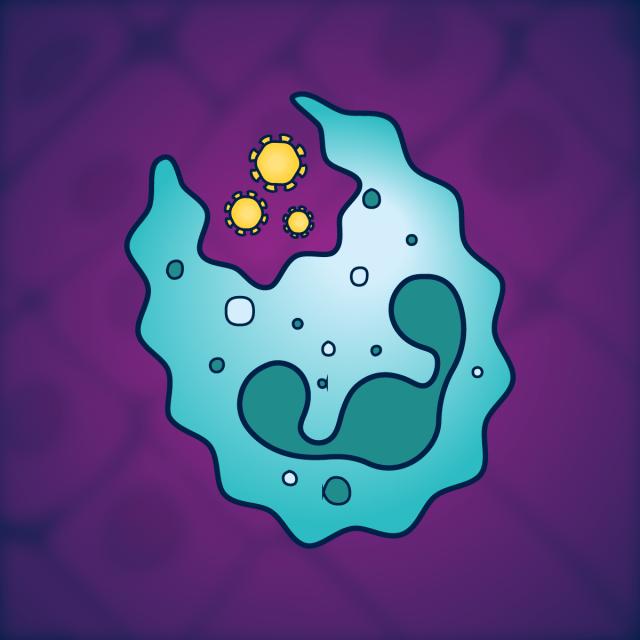MOOC List is learner-supported. When you buy through links on our site, we may earn an affiliate commission.

MOOC List is learner-supported. When you buy through links on our site, we may earn an affiliate commission.
Throughout the course, and guided by our active researchers, you will have opportunities to recognise its key protective mechanisms and to explain their importance for our overall health. You will learn about the mechanisms it uses to inform our adaptive immune system of the presence of a threat, and understand how some environmental factors, such as our own internal microbiome, influences it. Finally, you will have opportunities to reflect on current related issues and controversies in this fascinating field of research.
Course 1 of 5 in the Immunology: The Immune System and its Failures Specialization.
What You Will Learn
- You will identify key innate immunity cells, molecules, and direct defence mechanisms.
- You will also learn how our microbiota, the overall micro-organisms found in our body, influences our innate immune response.
- Finally, you will understand how our innate immune cells inform our adaptive system of the presence of a threat.
Syllabus
WEEK 1
Components of the innate immune system
In module one, we will explore the main component of the innate immune system. We will start by looking at the surfaces that are first exposed to potential pathogens and how they prevent most pathogens from entering our body. We will then learn about our main innate protective mechanisms and discuss how this inherited system is able to recognise and combat infection. By the end of this module, learners will be able to describe these actors and mechanisms in detail.
WEEK 2
The complement system
In module two, we will explore a key soluble component of our innate immune system: the complement. We will learn about its main components, how it gets activated by pathogens and how the outcome leads to pathogens destruction. We will also explore how the complement system contributes to other innate immune activities, such as phagocytosis, that is the uptake of microorganisms by immune cell for destruction.
WEEK 3
Programming of innate immunity by the microbiota
In module three, we will investigate how our microbiota plays a protective role in our health. We will first define the human microbiome in more details and explore its influence on various common pathologies such as asthma, diabetes or cancer. The module ends on an opportunity for learners to reflect and share with others on the effects of pro-biotics on our health.
WEEK 4
Antigen processing - MHC Class I and Class II
In module four, we will understand how the innate system communicates with the adaptive immune cells. We will explore which cells oversee this essential function and how they capture, digest and present pathogenic molecules to the adaptive immune cells to for their activation. Importantly, we will also investigate how the innate immune response helps this second phase of response to ‘adapt’ to the nature of the infection.
WEEK 5
Natural killer cells
In module five, we will look at one example of innate cells, called Natural Killers, that are directly able to destroy infected and tumour cells. We will explore how they interact with other immune cells, how they recognise their target cells and the mechanisms they use to lead to their death. Importantly, we will also discover the mechanisms that prevent their mis-activation to prevent the disastrous destruction of health host cells.
MOOC List is learner-supported. When you buy through links on our site, we may earn an affiliate commission.
MOOC List is learner-supported. When you buy through links on our site, we may earn an affiliate commission.
